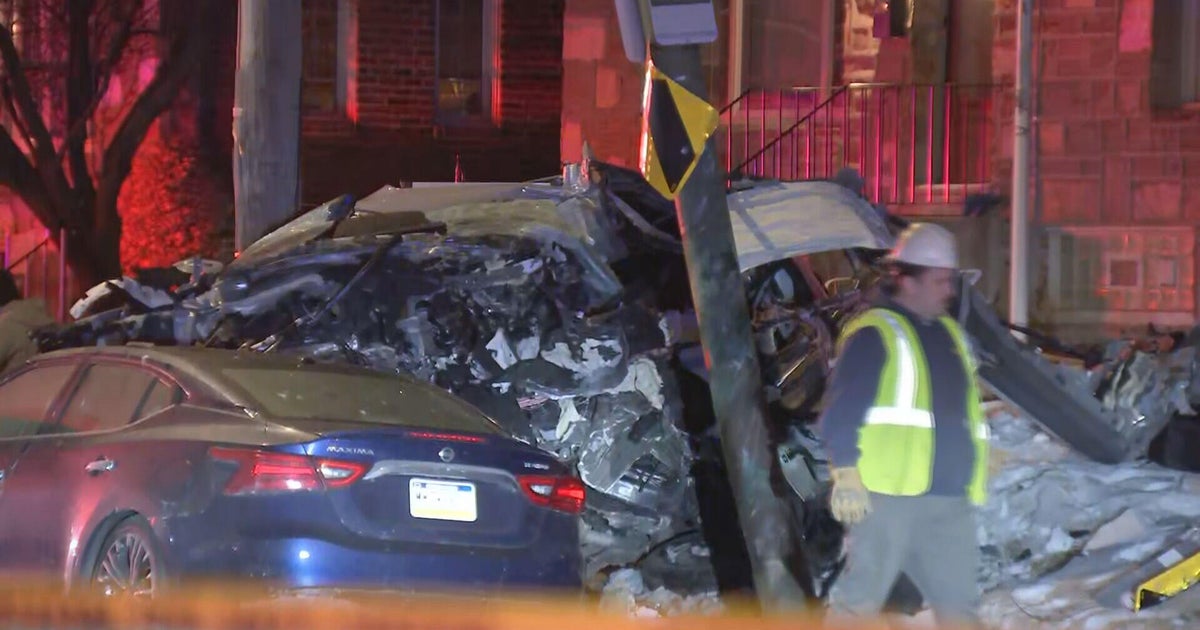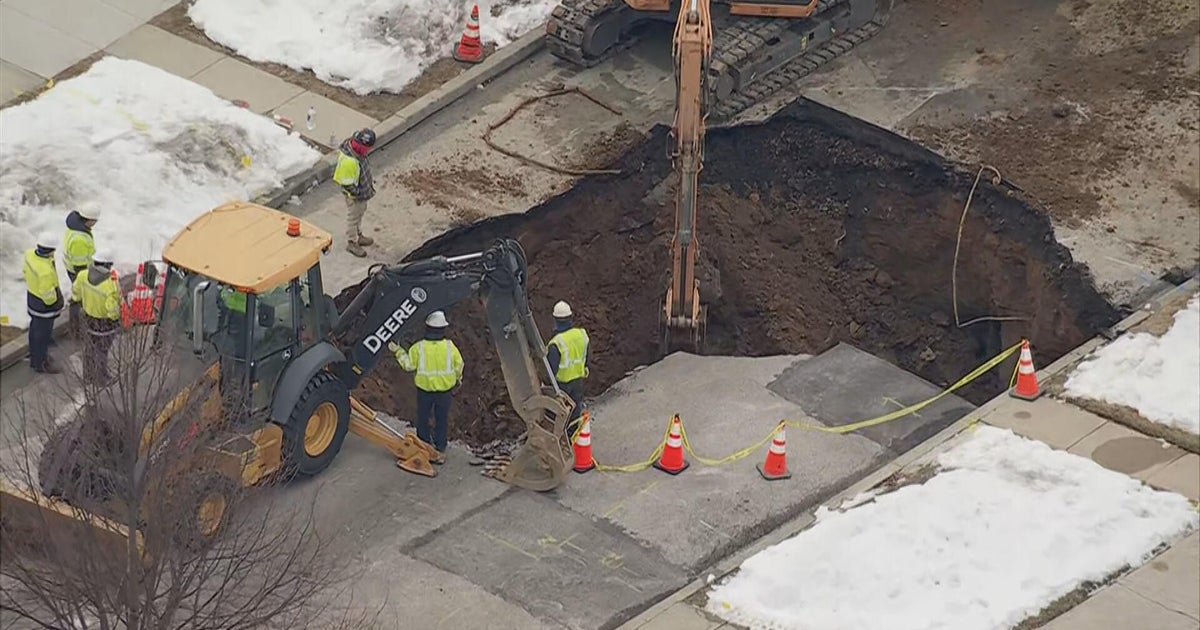New Technology Could Change How PTSD Is Diagnosed
PHILADELPHIA (CBS) – So many who've served overseas have been haunted by Post-Traumatic Stress Disorder. The signs aren't always clear, but some new technology is helping doctors make the important diagnosis.
It's not easy to tell, but Rob Proffitt suffers from PTSD. The three-tour Army infantry veteran didn't know he suffered from it until a Vietnam veteran suggested that he see a therapist.
Proffitt was diagnosed like most are today – through in-person interviews.
"I have survivor's guilt. That's what they said," Proffitt said. "You lost a friend. You do what you do and if you're normal, it will change you for life. I served in Afghanistan in 2003. Egypt in 2001 and Afghanistan again in 2006."
Number Of Teens Attempting Suicide By Poisoning Skyrocket, Especially Among Young Girls
But a new software program could change how PTSD is diagnosed and help many who suffer from it.
Dr. Leah Blain is a psychologist and director of the Steven A. Cohen Military Family Clinic at the University of Pennsylvania.
Blain is thrilled about the new voice analysis software developed at a sister clinic, which uses 18 voice biomarkers, like tone and speech pauses, to determine if someone is suffering from PTSD.
FDA Slaps Strongest Warning Label On Commonly-Used Sleep Aids For Potentially Dangerous Side Effects
"They were able to predict PTSD diagnoses vs. not a PTSD diagnosis with 90 percent accuracy, which is huge," Blain said.
According to Blain, this could help determine if someone has the disease, especially those who may mask their emotions or those who may not even realize that they have the condition.
"Some of these emotions and memories are so overwhelming, that people have to numb out," Blain said. "They have to disconnect from it because it's not tolerable."
Major Discovery Could Lead To Earlier Treatment For Autism, Researchers Find
Though it's years from being utilized on a full-scale basis, it could revolutionize treatment for the more than 24 million Americans dealing with PTSD.
"Talk to somebody, you're not alone," Proffitt said.
As promising as the new technology is, Dr. Blain says it's at least 10 years from being used nationwide.







